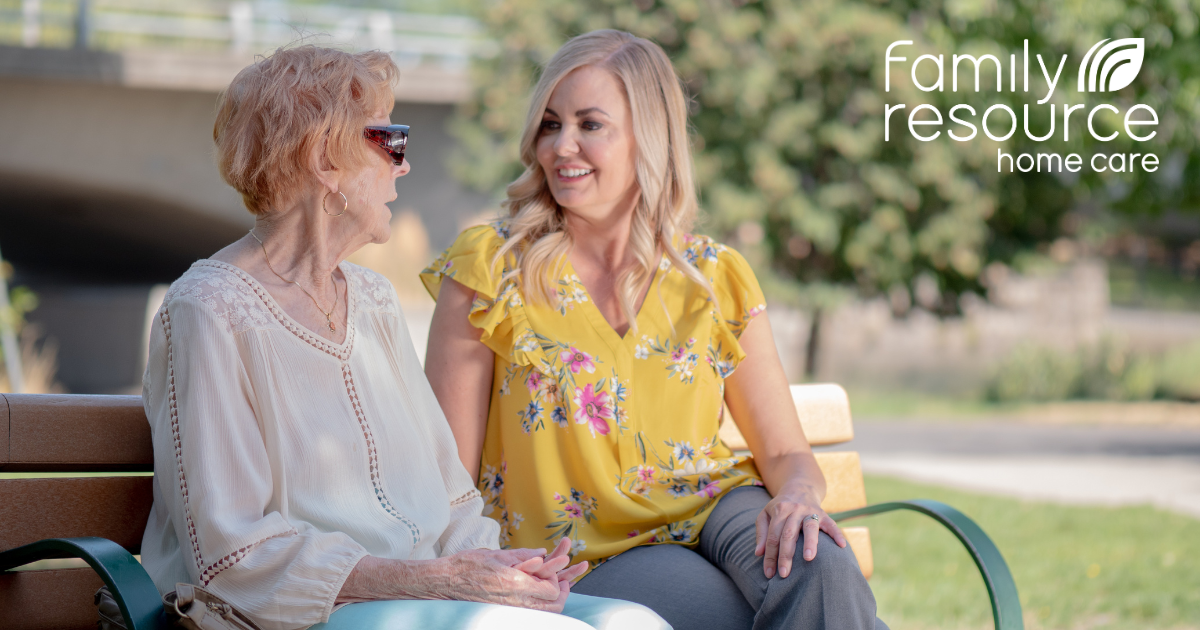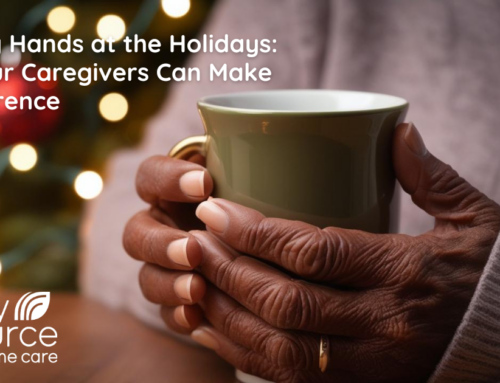Friendships play a vital role in our lives, offering comfort, joy, and a sense of belonging. For seniors, maintaining these connections becomes increasingly important, yet challenging as circumstances change. Let’s explore how elderly friendships contribute to overall well-being and how caregivers can assist in fostering these essential bonds.
The 6 Benefits of Elderly Friendships
Friendships offer numerous benefits, particularly as we age. Let’s delve into six key advantages that come with maintaining strong relationships in your senior years:
1. Physical Health
Friendships have a direct impact on physical health. Engaging in regular social activities with friends can lead to more movement, whether it’s a simple walk in the park or a shared exercise class. These activities help keep the body active, which is crucial for maintaining mobility and overall health in later years.
2. Friends Encourage Healthy Behaviors
Good friends often encourage each other to lead healthier lives. Whether it’s motivating each other to eat better, exercise, or attend medical appointments, friends can be a driving force behind adopting and maintaining healthy habits.
3. Emotional Support
Having someone to talk to, share your joys and sorrows with, or just spend time with provides essential emotional support. This connection helps combat feelings of loneliness and depression, offering a safety net during difficult times.
4. Build Your Confidence
Friends are often our biggest cheerleaders. Their encouragement can boost self-esteem, helping you feel more confident in your abilities and decisions. This is particularly important for seniors who may struggle with changes in their physical or mental capabilities.
5. Manage Stress
Talking through challenges with friends can alleviate stress. Whether it’s sharing a laugh or receiving advice, friends can help you navigate life’s hurdles more smoothly, reducing the impact of stress on your health.
6. Cultivate a Community Feel
Friendships create a sense of community and belonging. This feeling of being part of something larger than oneself is essential for mental and emotional health, especially for seniors who may feel isolated or disconnected.
The 7 Friends Theory: How Friendships Evolve Over Time
Throughout life, different types of friends play unique roles. The “7 Friends Theory” suggests that we typically have these seven types of friends:
- The Friend You’ve Had Since You Were Little
This friend knows your history, shares your childhood memories, and understands where you come from. - The Friend Who Can Make You Laugh in Any Situation
Laughter is the best medicine, and this friend is your go-to for a good time, no matter the circumstances. - The Friend You Can Go on Forever Without Talking To, But Nothing Changes
Life may take you in different directions, but when you reconnect, it’s as if no time has passed. - The Friend You Can Tell Anything To
This friend is your confidant, the one you trust with your deepest secrets and fears. - The Friend That’s Like a Sister
This friend is family in every way except by blood. You share an unbreakable bond. - The Friend You Can’t Imagine Not Being Friends With
Some friendships feel like they are meant to last forever, and this is that friend. - The Friend Who Knows All About Your Relationship Problems, Even Though They Don’t Want to Hear About It
This friend is there for you, even when the conversation is tough or repetitive.
As we age, these friendships may evolve or change, but their importance remains. A caregiver can help maintain these bonds, offering companionship and facilitating social interactions that might otherwise fade.
The Role of Caregivers in Nurturing Elderly Friendships
A caregiver does more than just assist with daily activities; they can also play a crucial role in helping seniors maintain and navigate their friendships. Here’s how:
- Facilitating Social Outings: Caregivers can arrange and accompany seniors to social events, helping them stay connected with friends.
- Encouraging Communication: Whether it’s helping with phone calls, video chats, or writing letters, caregivers can ensure that seniors stay in touch with loved ones.
- Providing Companionship: When old friends are far away or unavailable, caregivers themselves can become trusted companions, offering emotional support and friendly interaction.
Recognizing and Managing Toxic Friendships
While friendships are essential, not all are beneficial. Toxic friends can drain energy and affect mental health negatively. Signs of a toxic friend include:
- Selfishness: They always put their needs first.
- Criticism: They frequently belittle or judge you.
- Too Competitive: They turn everything into a competition.
- Bringing You Down: They constantly highlight the negatives.
- Untrustworthy: They can’t keep a secret or are unreliable.
- Drama Never Stops: They thrive on chaos and conflict.
- Insincere: Their actions don’t match their words.
- Isolating You: They may try to control who you see or talk to.
It’s important to recognize these signs and, if necessary, part ways with toxic friends. Doing so can lead to a healthier, more fulfilling social life.
Feeling Lonely? Take the Loneliness Test
Loneliness can be a significant issue, especially for seniors without strong social connections. If you’re feeling isolated, take this Loneliness Test to assess your situation and consider reaching out to a caregiver or social group to help bridge the gap.
Conclusion
Maintaining friendships as a senior is vital for a happy and healthy life. With the support of a caregiver, seniors can continue to enjoy these meaningful connections, ensuring they are not only physically cared for but also emotionally fulfilled. Caregivers can be life-changing in helping seniors maintain and build friendships. They not only facilitate social connections by arranging outings and encouraging communication but also become trusted companions themselves, offering friendship and emotional support. At our 30+ locations across Oregon, Washington, and Idaho, we’re always here to start that meaningful companionship journey, ensuring that our clients are surrounded by both old friends and new ones who truly care. Contact us for more information!
Sources:
6 Benefits of Friends: Why It’s Important to Stay Close (verywellmind.com)
10 Signs of a Toxic Friend (and How to Break Up With Them) (verywellmind.com)






